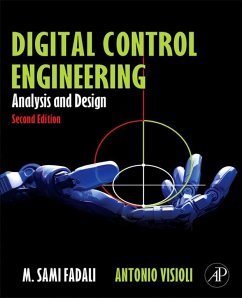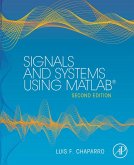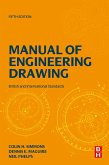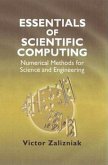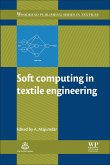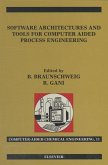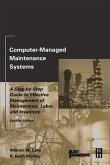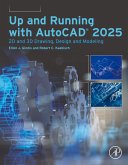Digital controllers are part of nearly all modern personal, industrial, and transportation systems. Every senior or graduate student of electrical, chemical or mechanical engineering should therefore be familiar with the basic theory of digital controllers. This new text covers the fundamental principles and applications of digital control engineering, with emphasis on engineering design.
Fadali and Visioli cover analysis and design of digitally controlled systems and describe applications of digital controls in a wide range of fields. With worked examples and Matlab applications in every chapter and many end-of-chapter assignments, this text provides both theory and practice for those coming to digital control engineering for the first time, whether as a student or practicing engineer.
Fadali and Visioli cover analysis and design of digitally controlled systems and describe applications of digital controls in a wide range of fields. With worked examples and Matlab applications in every chapter and many end-of-chapter assignments, this text provides both theory and practice for those coming to digital control engineering for the first time, whether as a student or practicing engineer.
- Extensive Use of computational tools: Matlab sections at end of each chapter show how to implement concepts from the chapter
- Frees the student from the drudgery of mundane calculations and allows him to consider more subtle aspects of control system analysis and design
- An engineering approach to digital controls: emphasis throughout the book is on design of control systems. Mathematics is used to help explain concepts, but throughout the text discussion is tied to design and implementation. For example coverage of analog controls in chapter 5 is not simply a review, but is used to show how analog control systems map to digital control systems
- Review of Background Material: contains review material to aid understanding of digital control analysis and design. Examples include discussion of discrete-time systems in time domain and frequency domain (reviewed from linear systems course) and root locus design in s-domain and z-domain (reviewed from feedback control course)
- Inclusion of Advanced Topics
- In addition to the basic topics required for a one semester senior/graduate class, the text includes some advanced material to make it suitable for an introductory graduate level class or for two quarters at the senior/graduate level. Examples of optional topics are state-space methods, which may receive brief coverage in a one semester course, and nonlinear discrete-time systems
- Minimal Mathematics Prerequisites
- The mathematics background required for understanding most of the book is based on what can be reasonably expected from the average electrical, chemical or mechanical engineering senior. This background includes three semesters of calculus, differential equations and basic linear algebra. Some texts on digital control require more
Dieser Download kann aus rechtlichen Gründen nur mit Rechnungsadresse in A, B, BG, CY, CZ, D, DK, EW, E, FIN, F, GR, HR, H, IRL, I, LT, L, LR, M, NL, PL, P, R, S, SLO, SK ausgeliefert werden.

